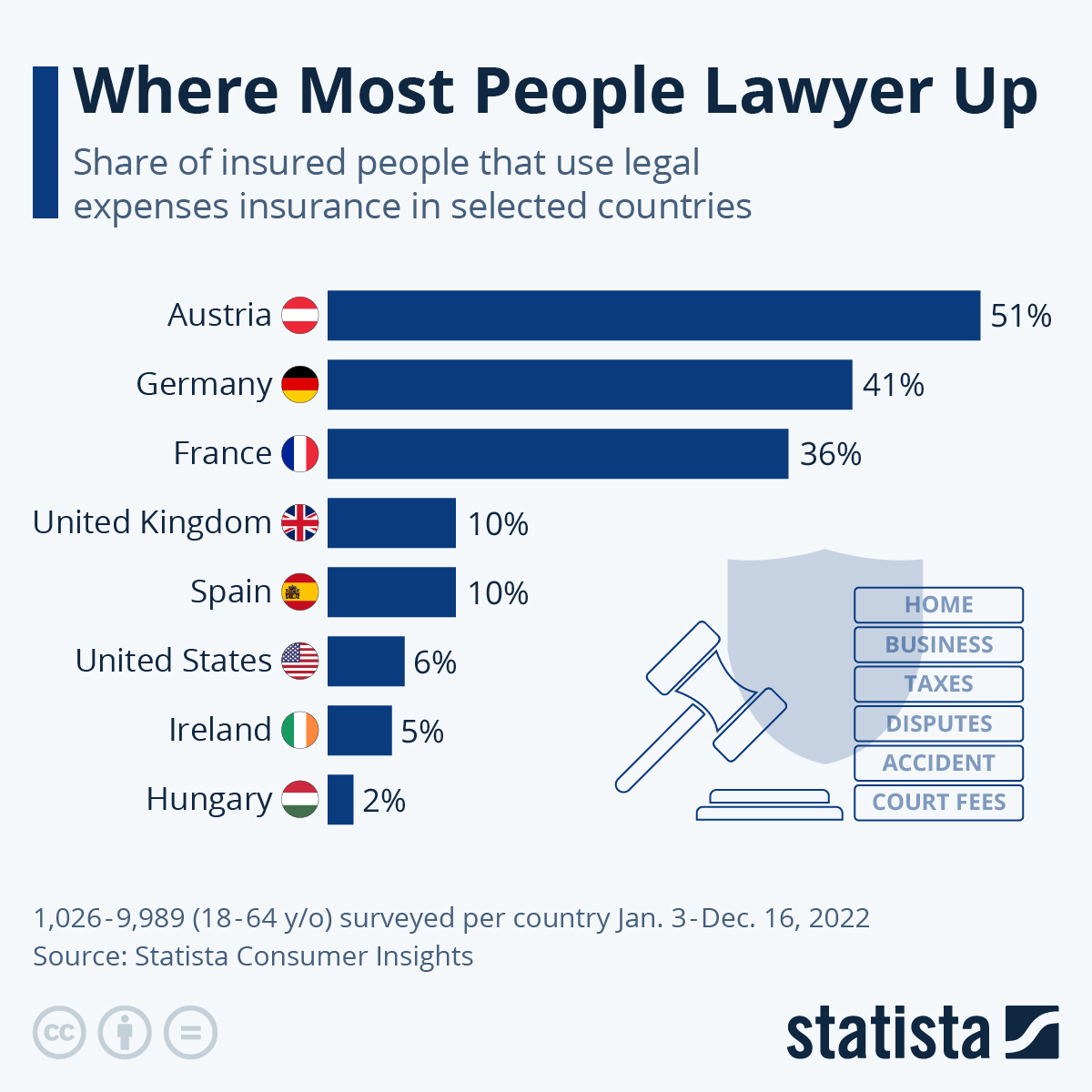
Navigating EU Legal Landscape: Insights into European Union Law
European Union (EU) law is a complex framework that governs the member states, shaping their legal systems and facilitating cooperation. Understanding the intricacies of EU law is crucial for individuals, businesses, and governments operating within this diverse and interconnected union.
Foundations of EU Law: Building a Common Legal Framework
At its core, EU law aims to create a common legal framework among member states to foster collaboration and integration. The founding treaties, such as the Treaty on European Union and the Treaty on the Functioning of the European Union, establish the principles and objectives that guide the union’s legal structure.
Supremacy of EU Law: A Unique Legal Hierarchy
One distinctive feature of EU law is its supremacy over national laws. The principle of supremacy means that EU law takes precedence over conflicting national laws. This ensures uniformity in the interpretation and application of legal rules across member states, promoting a cohesive legal environment.
Legal Instruments: Directives, Regulations, and Decisions
EU law operates through various legal instruments, each serving specific purposes. Directives set objectives that member states must achieve, allowing flexibility in implementation. Regulations are directly applicable across the EU, while decisions apply to specific cases or individuals. Understanding these instruments is essential for compliance.
The European Court of Justice (ECJ): Guardian of EU Law
The ECJ plays a pivotal role in interpreting and enforcing EU law. It ensures a consistent application of EU legal principles and settles disputes between member states. Individuals and businesses can bring cases before the ECJ, seeking clarity on EU law interpretations and asserting their rights under the union’s legal framework.
Free Movement of Goods, Services, People, and Capital: Pillars of Integration
The EU is founded on the principles of the free movement of goods, services, people, and capital. These pillars promote economic integration, creating a single market where goods and services can flow freely, individuals can work and reside across borders, and capital can move without restrictions.
Competition Law: Ensuring Fair Markets
Competition law is a crucial aspect of EU legal principles. It aims to maintain fair and open markets by prohibiting anti-competitive practices such as cartels and abuse of dominant market positions. EU competition law applies not only within member states but also to activities that affect the EU market.
Data Protection: Safeguarding Privacy in the Digital Age
In recent years, data protection has become a prominent issue in EU law. The General Data Protection Regulation (GDPR) sets robust standards for the processing of personal data, providing individuals with greater control over their information. Compliance with GDPR is a priority for businesses operating within the EU.
Environmental Law: Addressing Transboundary Challenges
Environmental law at the EU level addresses transboundary challenges and promotes sustainable practices. Directives and regulations govern issues such as air and water quality, waste management, and biodiversity conservation. EU environmental law fosters cooperation among member states to address shared environmental concerns.
Brexit and EU Law: Navigating a New Relationship
The United Kingdom’s departure from the EU, commonly known as Brexit, has introduced new dynamics to EU law. The post-Brexit landscape involves renegotiating agreements, establishing new trade relationships, and navigating the implications of a non-member state. Adapting to this change requires a nuanced understanding of evolving EU-UK relations.
For expert guidance on navigating EU law and ensuring compliance, consider consulting with legal professionals. Visit Josslawlegal.my.id for specialized assistance tailored to your unique circumstances.
In conclusion, navigating EU law requires a comprehensive understanding of its foundations, principles, and evolving dynamics. Whether you are an individual, business, or government entity, staying informed and seeking professional guidance is essential to thrive within the intricate legal framework of the European Union.



